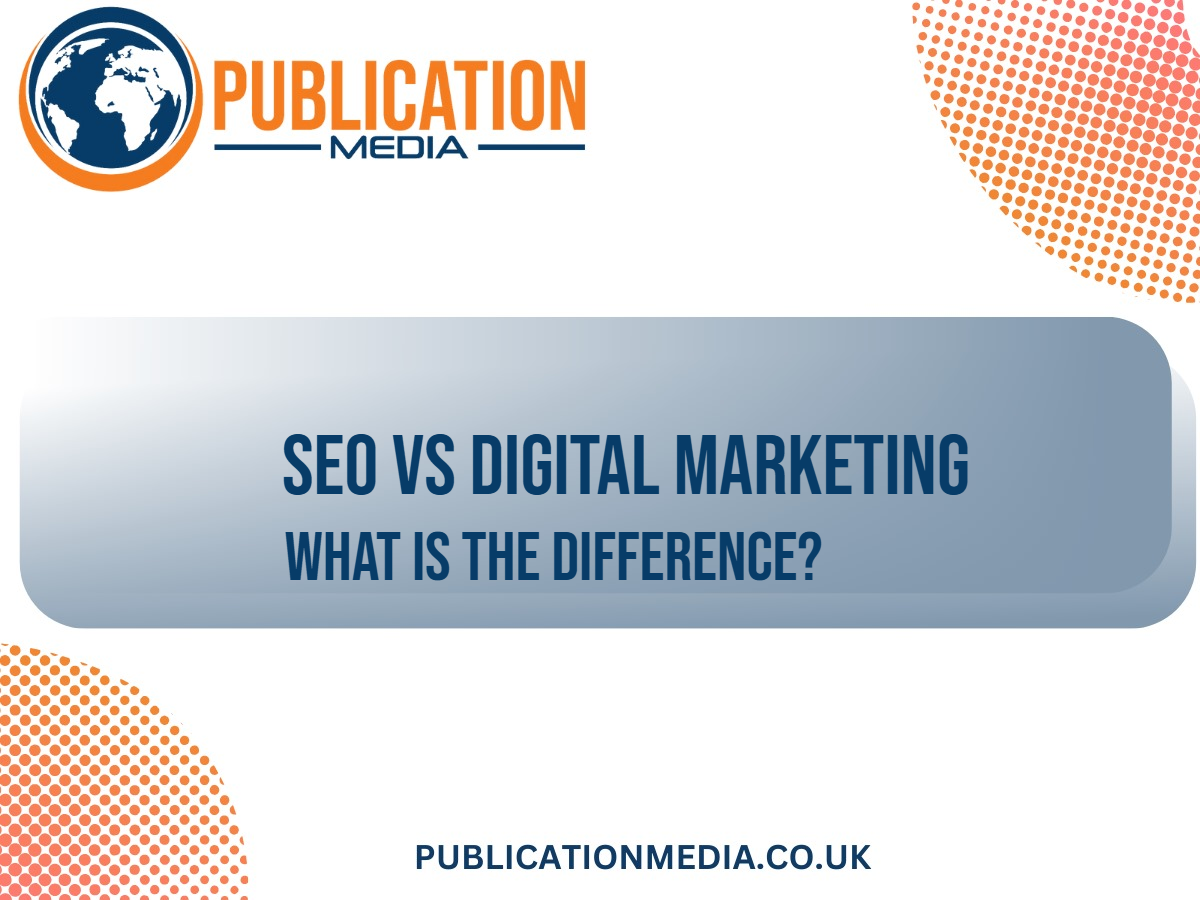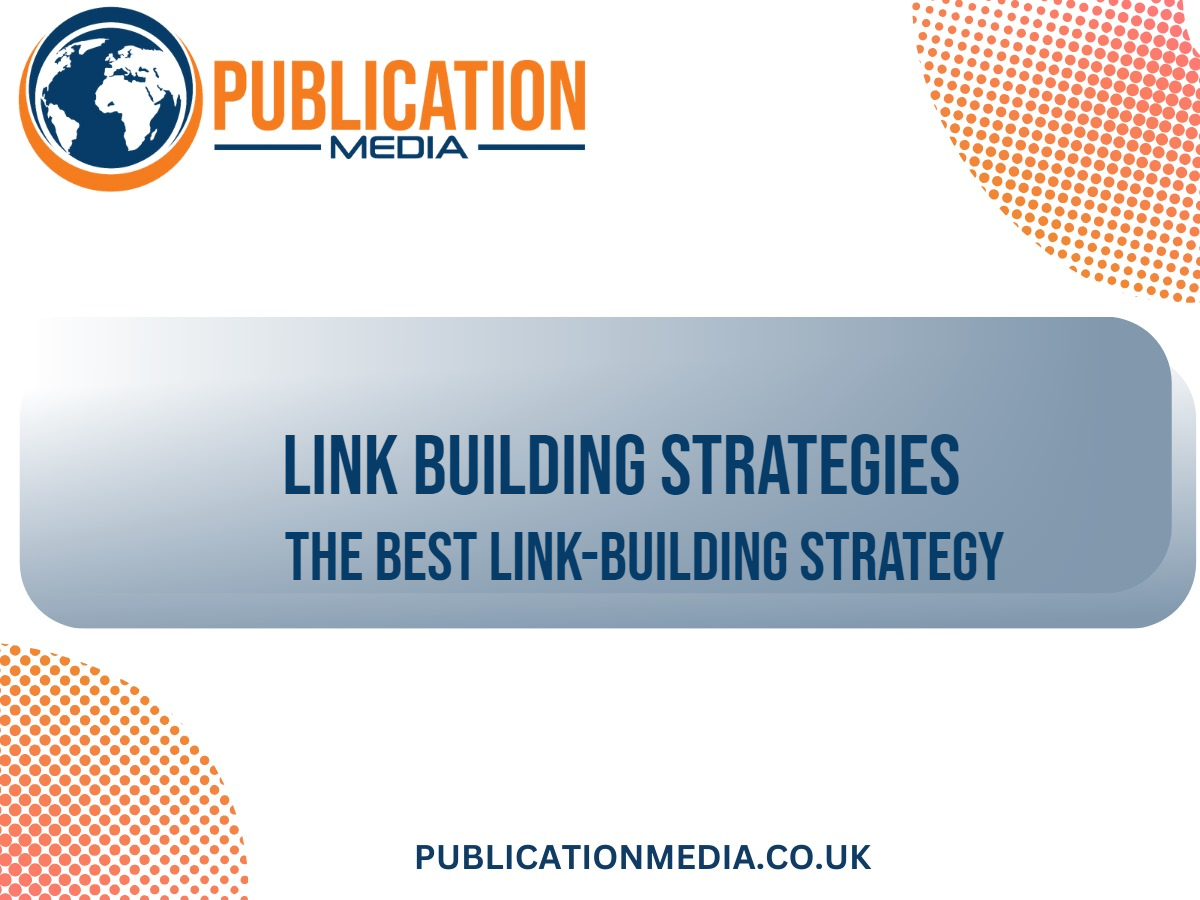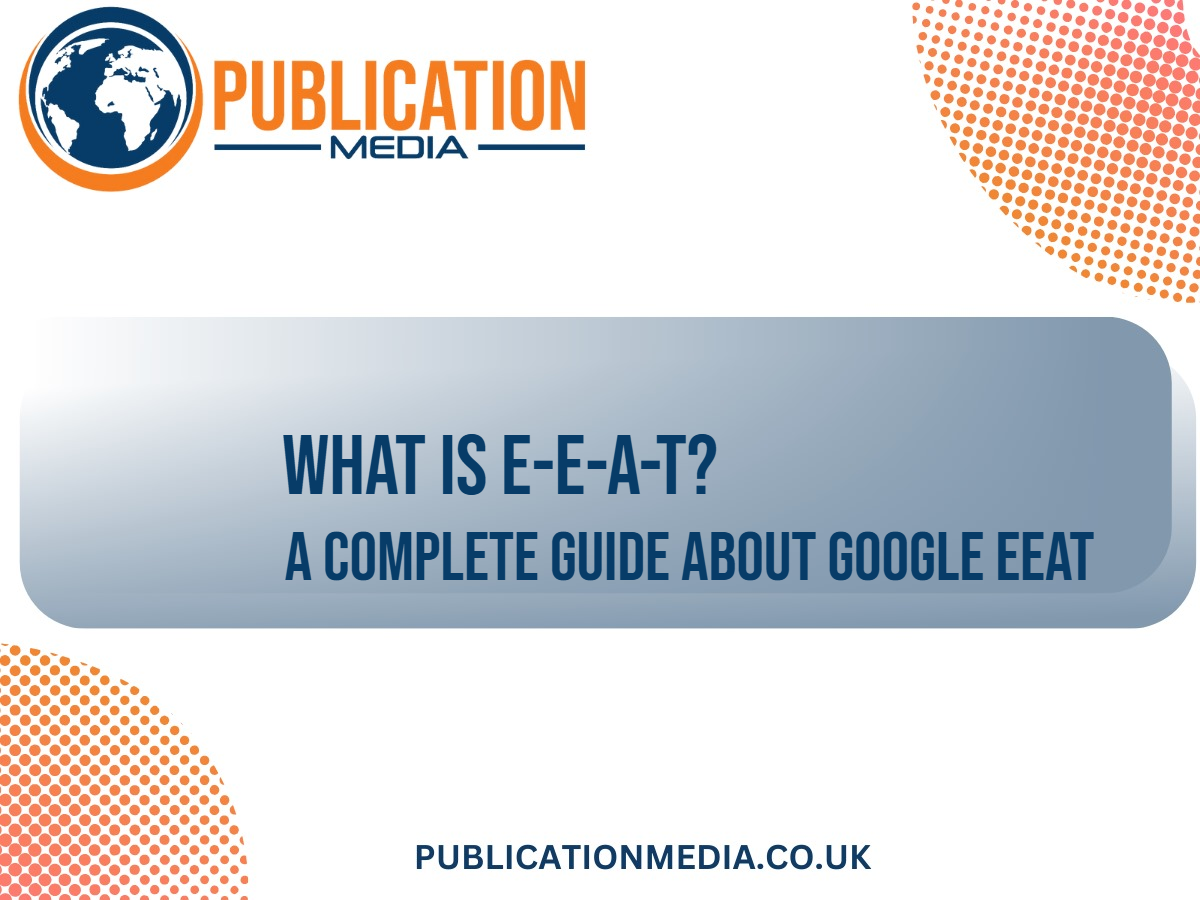How is SEO different from digital marketing? This question comes up often, and the answer is found in their roles in online growth.
SEO (Search Engine Optimization) relates to the visibility that a website receives on search engines such as Google, and digital marketing encompasses a broader range of strategies such as social media, email marketing, and paid ads. To clarify, is SEO included in the digital marketing picture? While SEO is a vital part of the equation, there's much more to digital marketing than just SEO.
Search Engine Optimization (SEO) marketing is one area where you create organic traffic by optimizing your website for search engines. Other digital marketing types, such as paid ads or social media campaigns, are, on the other hand, designed to engage targets over different channels. Do you want to know the difference between SEO and PPC in digital marketing? SEO brings in organic traffic, and PPC pays for instant rankings.
SEO vs. Digital Marketing—Which is Better?
They are much better as a team. Whether starting a digital marketing course or leveraging digital marketing services, you'll want to familiarize yourself with how these approaches can work.
To summarize, what are SEO and digital marketing differences, along with examples? SEO focuses on a high position in search results, whereas digital marketing uses social media and email, among other tools, to create brand awareness and reach consumers. Knowing the difference between the two can enhance your ability to develop the ideal strategy for your goals.
What is the Main Difference Between SEO and Digital Marketing?
SEO and digital marketing: what is the difference? It's the scope and purpose that sets them apart. SEO (Search Engine Optimization) strictly optimizes your website to appear higher in search engine results. On the other hand, a broader term, digital marketing, is based on more strategies such as social media, email campaigns, and paid advertising to reach and touch the audiences.
SEO is a subset of digital marketing but only a piece of the puzzle. So whether you're googling services for digital marketing or understanding what SEO is in digital marketing, you should know this reason for the difference before doing anything for your online business.
What is SEO?
Search Engine Optimization (SEO) improves a website's ranking on a search engine like Google. Techniques include keyword optimization, link building, and enhancing the site's structure to increase organic traffic. Simply put, SEO marketing makes it easy for your audience to find you in a natural (organic) way without paid ads.
What is Digital Marketing?
Digital marketing is a broad approach to marketing and enhancing brands with the help of digital channels. It includes things like social media, email, paid ads, and other forms of digital marketing. Digital marketing, unlike SEO, has the presence of both organic and paid tactics to increase visibility and reach the target audience, leading to marketing conversions.
10 Key Differences Between SEO and Digital Marketing
- Focus: SEO specifically aims for organic traffic, while digital marketing incorporates paid and organic methods. SEO is just a part of Digital Marketing, not a whole strategy.
- Timeless vs. Dynamic: SEO is designed for the long run, as it can take a while to see results, while digital marketing, thanks to ads, often takes less time.
- Channels: SEO applies to search engines; digital marketing encompasses social media, emails, etc.
- Cost: SEO marketing is cost-effective, unlike ads, which require an extra budget in digital marketing.
- Measurability: Digital marketing services use analytics tools, while SEO depends on ranking and organic traffic metrics.
- Interaction: SEO is about getting seen; digital marketing includes more interactive forms, such as social media marketing.
- Paid vs. Organic: SEO is purely organic, while digital marketing generally incorporates paid forms, such as PPC.
- Content-Type: SEO focuses on keyword-based content, whereas digital marketing utilizes videos, ads, and more.
- Goal: While SEO aims for search engine rankings, digital marketing hopes for overall brand awareness and sales.
What is SEO? It's Full Form + Types of SEO Strategies You Must Know.
The complete form of SEO is Search Engine Optimization, a technique to increase website traffic on search engines like Google. What is Search Engine Optimisation (SEO) marketing , and how does it work? It's about optimizing keywords, content, and technical aspects to gain organic traffic. Eyeing the types of SEO tactics businesses are dependent on
Key Types of SEO Strategies:
On-Page SEO: This type of SEO deals with optimizing specific web pages to rank higher in search results and get more relevant traffic.
Off-page SEO refers to earning backlinks from authoritative domains, social signals, and brand references to improve authority and domain ratings.
Technical SEO helps your site be technically optimized for search engines by optimizing its speed, responsiveness, security, and crawlability.
Local SEO: Focuses on local target audiences through location-targeted keywords and maintaining profiles such as Google My Business for optimized local listings.
E-commerce SEO: For online stores, optimizing product pages, category pages, and descriptions for higher visibility and sales.
Digital Marketing & Digital Marketing Strategies You Must Be Aware Of
Digital marketing utilizes online channels and tools to promote brands and connect with audiences. It uses both paid and organic techniques to enhance visibility and boost sales. All of these strategies are useful, as whether you want to take up digital marketing services or learn those strategies by enrolling in a digital marketing course, you have to be aware of the core strategies.
Different Types of Digital Marketing Strategies:
Search Engine Marketing (SEM) involves paid search campaigns, such as Google Ads, and organic strategies, such as SEO, to increase search engine visibility.
Social Media Marketing: Use platforms like Facebook, Instagram, and LinkedIn to promote content, products, or services and create engagement and traffic.
Content Marketing involves creating blogs, videos, infographics, etc., to educate, inform, and attract your target audience.
Email Marketing creates relationships by sending targeted emails, newsletters, and promotional offers to keep customers engaged and retain them.
Affiliate Marketing involves working with affiliates who promote your product, usually for a commission. This expands your reach and conversions.
SEO vs PPC in Digital Marketing: What Is the Difference?
SEO (Search Engine Optimization) and PPC (Pay-Per-Click) are two different methods in digital marketing that aim to increase visibility in search results. SEO is all about optimizing your website to rank for relevant keywords organically, and PPC is about paying to place ads on search engine results pages (SERPs).
SEO is a long-term strategy requiring time, effort, and results. Once created, it could produce ongoing traffic. On the other hand, PPC can bring instant visibility and traffic, but it is not permanent; it fades away as soon as the campaign ends. Both directly influence overall online visibility—one being short-term, the other long-term.
Key Factor of SEO and PPC
Cost: No direct cost per click, but it takes time and resources.
Click for pay; the cost per click can be prohibitive.
Results Time Results are not immediately visible and need a long-term commitment.
Provides instant visibility and traffic.
Sustainability After gaining the rank, organic traffic will be created over a long time.
Once the campaign ends, the travel stops.
Targeting This is a natural search result targeting users.
It allows you to target users via keywords, demographics, and more.
Return on Investment (ROI) Higher ROI in the long run.
Fast return, but only if you keep paying.
Traffic Quality Quality leads from organic search.
Traffic can be of poor quality; users might click on the ads.
Control Over Results Less control; search engine algorithms determine placements.
More control over ads, budget, and targeting.
Click-Through Rate (CTR) Usually , CTR is higher because users trust organic results more.
CTR is usually lower as users often skip ads.
Cost Per Acquisition (CPA) Fluctuating CPA over time can be more efficient than organic traffic;
Due to the cost of clicks, CPA is higher.
Long-Term vs Short-Term Sustainable strategy bringing long-term benefits
A short-term strategy produces instant results without building anything solid in the longer term.
SEO vs Digital Marketing: Which Is Better for Your Business?
There is a difference between SEO and digital marketing. The difference lies in their intent: SEO aims to improve organic visibility in search engine results, while digital marketing employs various online initiatives, including social media, PPC, and email marketing. If you are wondering, " Which is better: SEO vs. digital marketing?" The answer depends on your business goals and resources.
What is SEO and How it Affects Your Business
SEO stands for Search Engine Optimization, which refers to increasing your website's organic visibility on search engines like Google. SEO marketing helps you drive long-term traffic by using the right keywords, improving your site's structure, and creating valuable content, significantly impacting your business's growth. It generates organic, non-paid traffic.
- Establishes permanent visibility and credibility.
- Enhances the user experience and site quality.
- Low cost for long-time usage.
- Focuses on truly accountable audiences.
- Improves the visibility of a business at the local level.
- Delivers brand awareness over time.
- Music and audio work well with content marketing strategies.
- Produces quantifiable results with analytics.
- Creates authority with search engine users.
Cons of SEO:
- Results take time to appear.
- Competition is high for popular keywords.
- It means you continuously work to make updates.
- Algorithm updates can affect rankings.
- Requires technical know-how for execution.
- ROI gets realized over months.
- Challenging in incredibly competitive industries.
- Not valid for short-term results.
- Need to hire experts or tools.
- Overwhelming for newcomers.
What Digital Marketing Is, and How to Use It to Grow Your Business
Digital marketing is a broad term that covers all the ways you can promote your business on the web, including social media, email, paid ads, and content marketing. Combined paid and organic methodologies are employed in contrast to search engine optimization, allowing for both a rapid and practical reach of large audiences, dependent on your campaign goals.
Pros of Digital Marketing:
- Instant results via paid ads
- Denies allegations to an audience on multiple platforms(s).
- But that is focused on specific demographics and areas.
- Enhances the experience of social media.
- Integrates both organic and paid strategies.
- Questions with multiple possible answers.
- Provides in-depth performance analytics.
- Improves the visibility and recognition of the brand.
- Suitable for small and large businesses
- Great for product launches and promotions
Cons of Digital Marketing:
- The cost of paid ads can add up in the long run.
- Needs continuous attention and improvements.
- The ad space is congested with a lot of competition
- Without SEO, organic reach can be negligible.
- If overused, it can feel invasive to users.
- It can be overwhelming to manage multiple channels.
- Ad fatigue might limit effectiveness.
- Advanced campaigns require technical knowledge.
- That can waste the budget on mistargeted ads.
- Results are often highly reliant on paid methods.
SEO or Digital Marketing: Which Strategy Suits Your Business Goals?
SEO vs Digital Marketing: Conclusion The Right Path for You: If you're choosing between SEO and digital marketing, the right choice for your business will depend on your goals, budget, and timeline. SEO (search engine optimization) is concerned with developing long-term organic traffic through enhanced visibility on search engines, whereas digital marketing covers several other tactics ranging from paid advertising to email campaigns to social media.
If sustained growth and higher ROI over time is what you are looking for, what is SEO in digital marketing becomes one of the areas you need to pay attention to. Alternatively, if immediate results are your goal, such as brand visibility or product launch, paid digital marketing services would be the better approach for such businesses.
Here's how to decide:
When to Choose SEO:
- You desire organic traffic and high ROI solutions.
- You rely on local customers to run the business (through local SEOKNOW.
- You're pivoting to content-driven strategies like blogs.
- You are willing to be patient in waiting for results (3–6 months).
When to Opt for Digital Marketing:
- You require immediate visibility via PPC campaigns.
- Your target audience does social media.
- You are planning to launch a product or seasonal campaign.
- You have a paid advertisement budget.
A Balanced Approach:
In most cases , combining SEO and digital marketing is the best approach. For example, while using SEO to generate organic traffic, you would run PPC ads to garner instant eyeballs. Evaluate your business goals to determine the right strategy or combination for your needs.
SEO or Digital Marketing: Which is Right For Your Business Goals?
Knowing the difference between SEO and digital marketing is crucial for building an online presence. SEO is optimizing your website to rank higher on search engines for organic traffic over a longer period. Paid strategies such as PPC, email, and social media marketing are part of digital marketing , and they give fast outcomes. Both approaches have advantages, so choose based on your objectives, budget, and audience.
10 Key Differences Between SEO and Digital Marketing Aspect
SEO (Search Engine Optimization)
Digital Marketing
Definition: It aims to enhance search engine organic rankings. All of the online marketing strategies involve Search Engine Optimization.
Approach More centered around organic & keyword consists of organic and paid methods.
Scope Search engine visibility and traffic. Social media, email marketing, PPC, etc.
Cost Long-term solution with minimal budget Costly, especially paid ad campaigns.
Results Offers Slow Yet Steady Growth. Immediate but short-term results
Tools Used Based on tools such as Ahrefs, SEMrush, and Google Analytics. Examples of tools are Facebook Ads, Mailchimp, and HubSpot.
Audience Reach Focus on targeting users with intent in searches. Focuses on a larger market through various media.
Flexibility: It is slow to move with trends but can have long-term effects. It is very responsive to market changes and campaigns.
Timeline: It takes months for any respectable results: immediate exposure and fast ROI.
Primary Goal: Develop natural traffic and search engine dominance. Generates engagement, conversions, and brand visibility.
Conclusion
Knowing the difference between SEO and digital marketing is essential to create effective online strategies. Typical SEO is a long-term commitment to the steady building of free organic traffic, unlike digital marketing, which can rake in a lot of results in a short period across various channels. Which approach is right for you depends on the needs, goals, and resources of your business.
Key Takeaways:
- SEO grows your brand authority and organic traffic.
- Low-cost visibility is available in digital marketing through paid means.
- A mixed approach is usually the most effective.
- Rely on SEO for scalable, sustainable growth.
- Choose digital marketing for immediate results.
Here are the Most Common Questions (FAQs)
Is SEO a Subset of Digital Marketing?
Yes, SEO is a part of digital marketing (Search Engine Optimization). It specifically concentrates on increasing a website's position in search engine results.
Digital marketing, on the other hand, has a broader scope, ranging from social media marketing to PPC to email campaigns. SEO is one such subset that contributes to attracting organic traffic. So, when one asks what SEO is in digital marketing, it is the technique for increasing the visibility and usability of a site and is a vital step in any digital marketing plan.
SEO and Digital Marketing: Should I Learn Both?
Whether to learn SEO or digital marketing relies on your career goals and passions. So, if you are looking for organic traffic, higher rankings on search engines, and long-term growth, SEO is your choice. In contrast, digital marketing comprises multiple strategies, such as content marketing, email marketing, and PPC, that provide quicker results. Both fields are extremely valuable, and since SEO is fundamental to digital marketing, learning them hand in hand may be the best fit.
Is SEO Or Digital Marketing Higher Paying?
Regarding salary potential, SEO and digital marketing professionals can earn a lot, but the differences come based on expertise and experience. Generally speaking, salaries for SEO experts tend to be good, particularly for those with strong technical skills. Yet, digital marketing specialists might get a bit higher salaries, especially with experience in PPC, social media campaigns, and conversion optimization. The industry, job role, and location also influence the difference between SEO and digital marketing salaries.
What do you think about SEO? Is it the same as digital marketing?
So, NO SEO and digital marketing are different, although they overlap. SEO is aimed at increasing a website's visibility in search engines using organic means. In contrast, digital marketing encompasses various online marketing techniques, such as email marketing, social media marketing, and paid advertisements. One key difference: SEO is part of a larger SEO plan for tracking and growing brand awareness.





